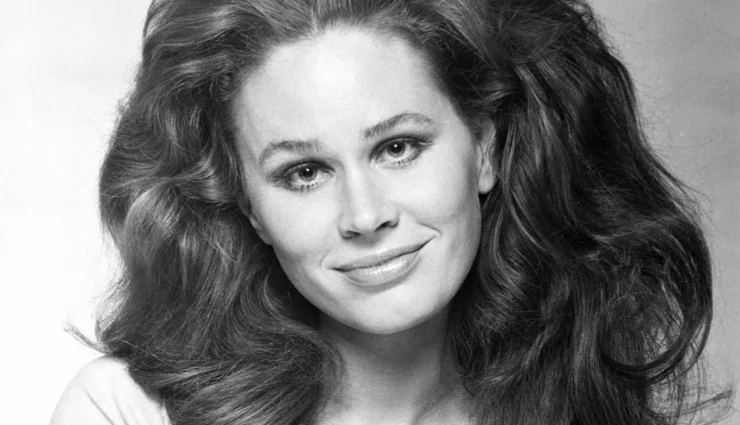1. Karen Black
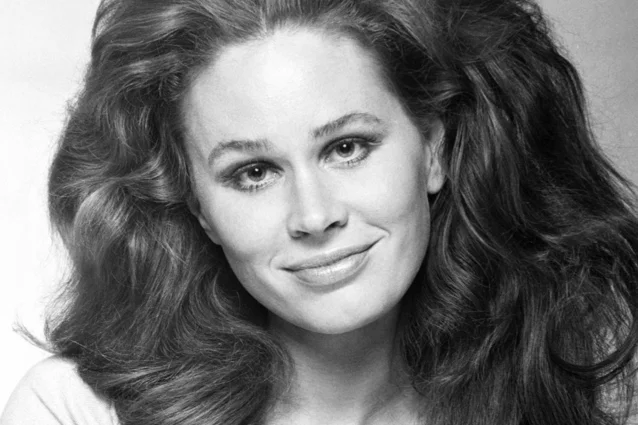
Karen Black was one of the most sought-after actresses in the ’70s, known for her unique charm and versatility in films like Five Easy Pieces (1970) and Airport 1975 (1974). Her ability to embody everything from a tragic heroine to a quirky, comedic character made her a favorite of filmmakers. She was nominated for an Academy Award for Five Easy Pieces, and her star seemed to be on an unstoppable rise. However, by the ’80s, her presence in mainstream films began to dwindle.
Despite occasional appearances in smaller films and TV roles, Black’s career never fully recovered its ’70s momentum. She continued to work in the industry, but her fame faded, leaving fans wondering what had happened to the actress who once seemed poised for even bigger things. Black, however, remained active in theater and independent cinema, where her loyal fanbase appreciated her more eccentric roles. But she became more of a cult figure than a household name.
2. Tuesday Weld
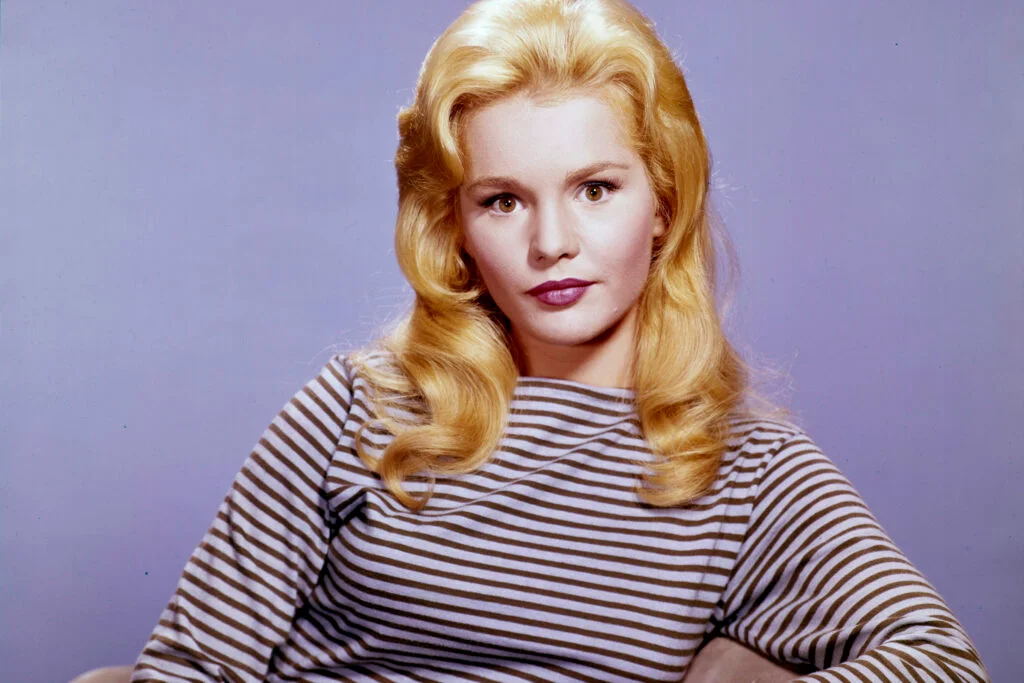
Tuesday Weld captivated audiences in the ’60s and ’70s with her stunning beauty and undeniable talent. Known for films like Pretty Poison (1968) and Thief (1981), she was hailed as one of the most promising actresses of her generation. With her natural elegance and fiery performances, she seemed destined for stardom. But as quickly as she rose to fame, she started to step back from the limelight in the early ’80s.
Weld’s disappearing act was a result of her desire for privacy and her personal struggles. She occasionally took on roles, but her time in the public eye became less frequent. While she has made sporadic appearances on TV shows and in films since, her career never reached the heights many predicted. Today, Weld is remembered as a talented actress whose career was as enigmatic as her off-screen life.
3. Jeff Bridges
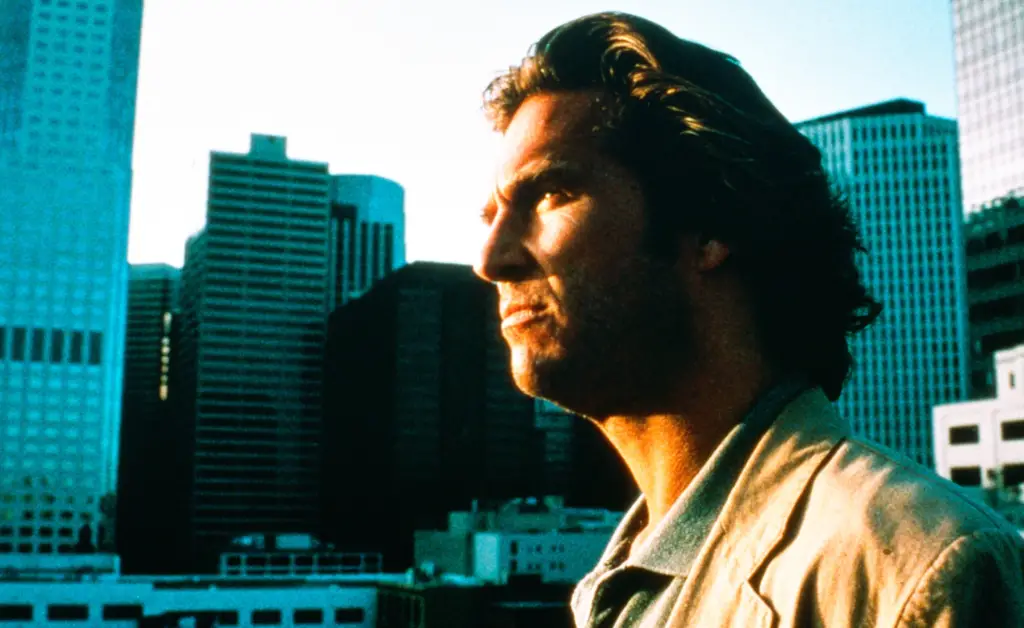
Jeff Bridges, who is now a beloved actor and icon, was once a regular in the ’70s, starring in films like Thunderbolt and Lightfoot (1974) and The Last Picture Show (1971). He had the makings of a long-term superstar and was even nominated for an Academy Award in the ’70s. However, during the height of his career, Bridges chose to take a step back, focusing more on his personal life and less on the relentless pace of Hollywood.
It wasn’t that Bridges disappeared entirely; rather, he chose a more selective path. By the time the ’80s rolled around, he was less of a fixture in major films, and it took some time for his comeback, which began with The Fisher King (1991) and, of course, The Big Lebowski (1998). It was these later projects that reintroduced him to audiences, but his quieter years in between made him something of a mystery to many who had once adored him.
4. Richard Dreyfuss
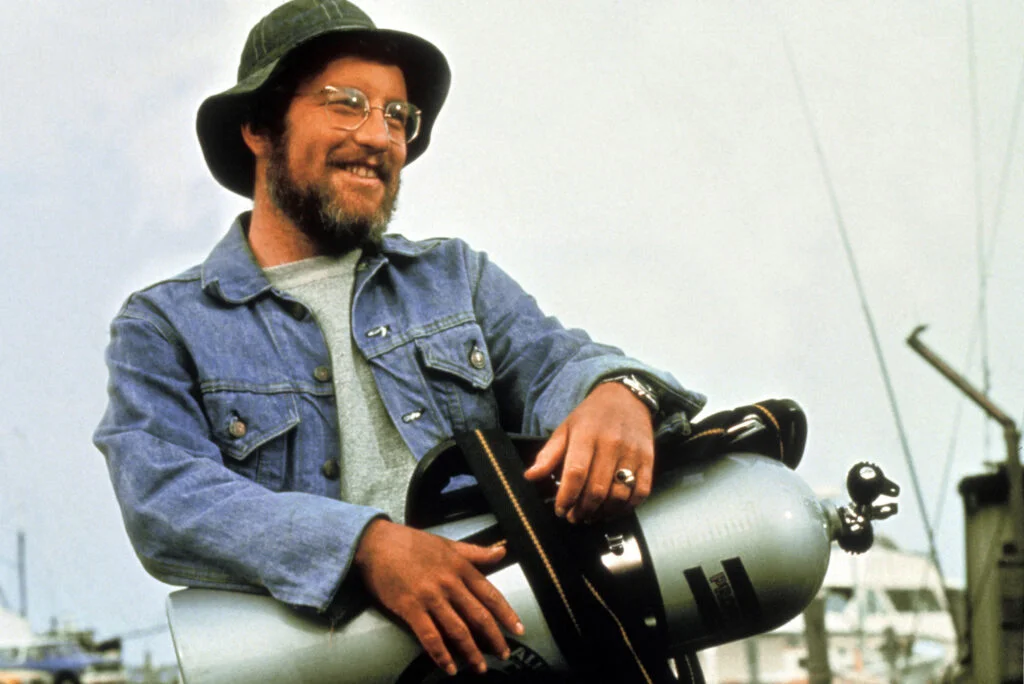
Richard Dreyfuss was a major presence in the ’70s, with standout roles in American Graffiti (1973) and the summer blockbuster Jaws (1975). His career seemed to be on an unstoppable trajectory, with a string of critically acclaimed performances. He even won an Academy Award for The Goodbye Girl (1977), which solidified him as one of the biggest stars of the decade. But despite his success, Dreyfuss began to fade from the Hollywood spotlight in the ’80s.
While he had roles here and there, they often didn’t match the level of his earlier work. Dreyfuss struggled with personal issues, including substance abuse, which contributed to his absence from major projects for a time. Though he would make a comeback in the ’90s and beyond, Dreyfuss was no longer the leading man he once was. His career has been marked by ups and downs, but his ’70s heyday remains the peak of his fame.
5. Sissy Spacek
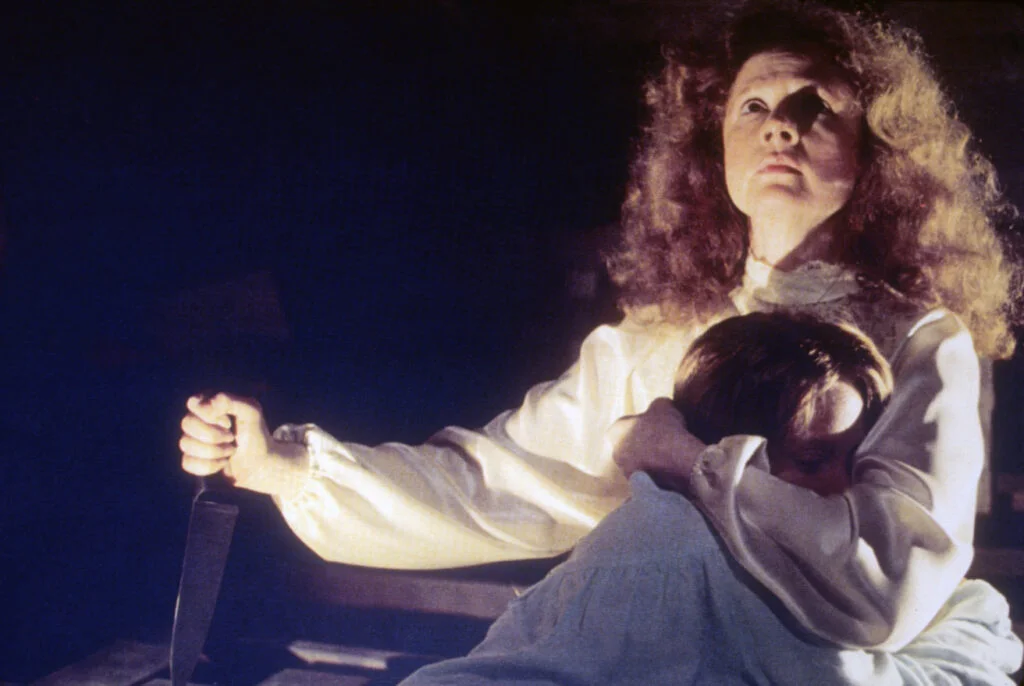
Sissy Spacek became a household name after her role in Carrie (1976), and she quickly became one of the most respected actresses of the ’70s. Known for her portrayal of troubled and complex characters, she won accolades for her performances in films like Badlands (1973) and Coal Miner’s Daughter (1980). She was a consistent presence in Hollywood, and it seemed like she was on her way to superstardom. However, by the ’80s, her appearances started to become less frequent.
Though she continued to work, Spacek largely stepped out of the limelight, preferring to take on more subdued roles in independent films. Her career never reached the commercial success it had promised, but she built a dedicated fan base who appreciated her depth as an actress. Spacek’s absence from mainstream cinema allowed her to explore other interests, but her heyday in the ’70s remains a defining moment in her career.
6. Pam Grier
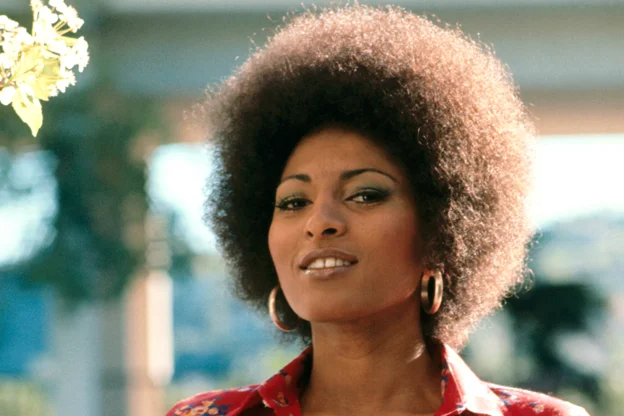
Pam Grier was the undeniable queen of the ’70s action genre, with roles in iconic films like Foxy Brown (1974) and Coffy (1973). As one of the first African-American women to lead a mainstream action film, she broke barriers and became an emblem of strength and empowerment. Her popularity peaked in the ’70s, with Grier becoming a star in the Blaxploitation genre. However, by the late ’70s and early ’80s, her career took a downturn.
Grier struggled to transition from the genre that had made her famous and found it difficult to secure roles in mainstream films. While she remained a respected actress, her starring roles diminished, and the offers she received were fewer and far between. It wasn’t until Quentin Tarantino cast her in Jackie Brown (1997) that Grier’s career saw a major resurgence. Yet, her time in the spotlight in the ’70s remains the most defining period of her career.

